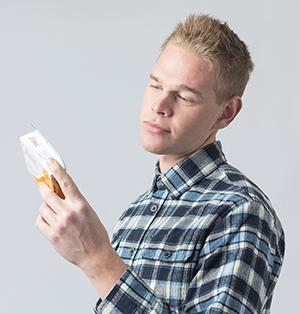Content
Allergy Medicines: Over-the-Counter
You can buy many allergy medicines over the counter (OTC) without a prescription. It's important to remember:
OTC medicine may be used alone or with prescription medicine. It depends on the medicine.
Always use all medicines exactly as instructed.
If you take prescription medicines, check with your pharmacist about possible medicine interactions before taking OTC medicines.
Ask your healthcare provider or your pharmacist if you have any questions about your allergy medicine.
There are many OTC allergy medicines including antihistamines, decongestants, and steroid nasal sprays. And there are combination products, such as a pill with both an antihistamine and a decongestant. You may also be advised to take more than 1 medicine. For instance, a steroid nasal spray and an antihistamine pill.
Antihistamines
Antihistamines block the response to histamine. Histamine is the substance released by your body that causes many allergy symptoms. Antihistamines help reduce sneezing, itching, and runny noses.
These medicines:
Are available over the counter as pills or liquids
May cause you to be sleepy
Should be taken as directed
Don't work well at easing nasal congestion
Decongestants
Decongestants reduce swelling of the nasal passages. They ease pressure and pain in your sinuses.
Things to know about these medicines:
Decongestants are available as pills, liquids, and nasal sprays.
Decongestant nasal spray should not be used for more than a few days. Overuse can actually make your symptoms worse. They cause a rebound effect. This can make some people feel that they have a cold that just won't go away.
Decongestant pills are now kept behind the counter. You don't need a prescription for these medicines. But you must ask the pharmacist for them.
Decongestant pills should not be used by people with high blood pressure. If you take high blood pressure medicines, ask your healthcare provider how to treat congestion.
Steroid nasal sprays
Steroid nasal sprays are used for nasal allergy symptoms. They help to reduce nasal congestion and swelling, runny noses, and sneezing.
Steroid nasal sprays:
Shouldn't be used without your healthcare provider's advice
Can cause side effects, such as nasal bleeding
Should be sprayed into the nose correctly
May take up to 2 weeks to be fully effective. Daily use of these medicines often leads to the best results. Follow the instructions for how long to use the medicine.
Always read and follow the instructions on the label. If you have any questions about these medicines, ask your healthcare provider or pharmacist.


